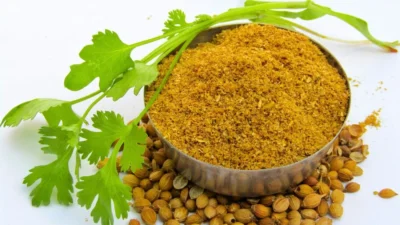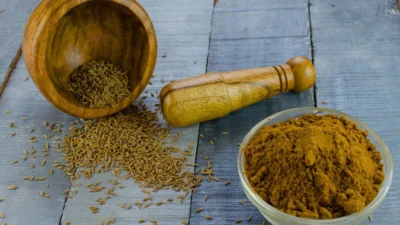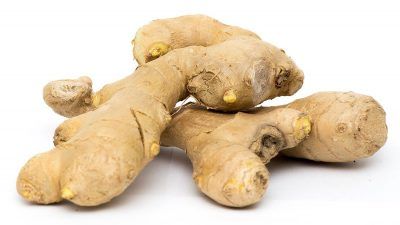Cinnamon

Cinnamon: the versatile spice with powerful health benefits
Discover the surprising health benefits of cinnamon, including its antioxidant, anti-inflammatory and blood sugar-lowering properties. Learn how this versatile spice supports heart health, gut health and more.
The spice cinnamon comes from the inner bark of several tree species of the genus Cinnamomum. It is used to flavour a wide variety of sweet and savoury dishes, breads, pastries, biscuits, breakfast cereals, snack foods, teas, hot chocolate and traditional foods. It is also used in toothpaste and candles, and cinnamon sticks can even be found hanging on the Christmas tree!
Cinnamon offers several health benefits
- Antioxidant powerhouse: It contains high levels of antioxidants, which help protect cells from damage caused by free radicals.
- Anti-inflammatory properties: It also has anti-inflammatory properties, which may protect against a wide range of diseases, including heart disease, diabetes and cancer.
- Blood sugar regulation: Studies suggest cinnamon can help lower blood sugar levels and improve insulin sensitivity, making it potentially beneficial for people with type 2 diabetes.
- Heart health support: Research also suggests cinnamon may also help reduce cholesterol, LDL ‘bad’ cholesterol, triglycerides and blood pressure, all of which are known risk factors for heart disease.
- Antimicrobial action: The compound cinnamaldehyde in cinnamon gives the spice its characteristic flavour and odour. It also has antibacterial, antifungal and antiviral properties, helping both preserve food and may help defend against infections.
- Gut health promotion: Cinnamon can positively affect the gut microbiome by promoting beneficial bacteria, suppressing harmful microbes and supporting immune function, which may contribute to improved gut health and protect against inflammation.
- Potential neuroprotective effects: Some studies suggest cinnamon’s ability to reduce oxidative stress, inflammation and dysfunctional protein aggregation may help slow the progression of neurodegenerative diseases like Alzheimer’s by inhibiting the buildup of certain proteins in the brain.
Safe Consumption
Cassia cinnamon, the most common type found in UK, is more pungent and spicy than Ceylon cinnamon. Most benefits are seen with a moderate consumption of about a half to one teaspoon per day. High doses of cinnamon can be toxic, especially with cassia cinnamon, which contains higher levels of coumarin, a compound that can harm the liver in large amounts.
Of course, cinnamon should not replace prescribed medications but may be a helpful addition to a varied, vegan diet.







